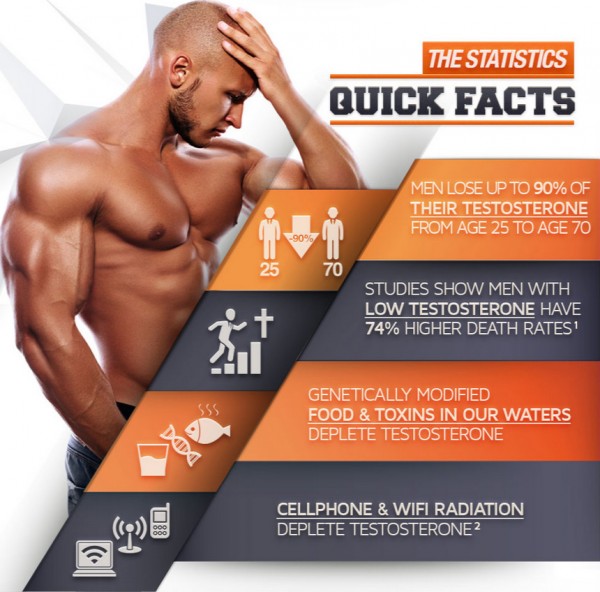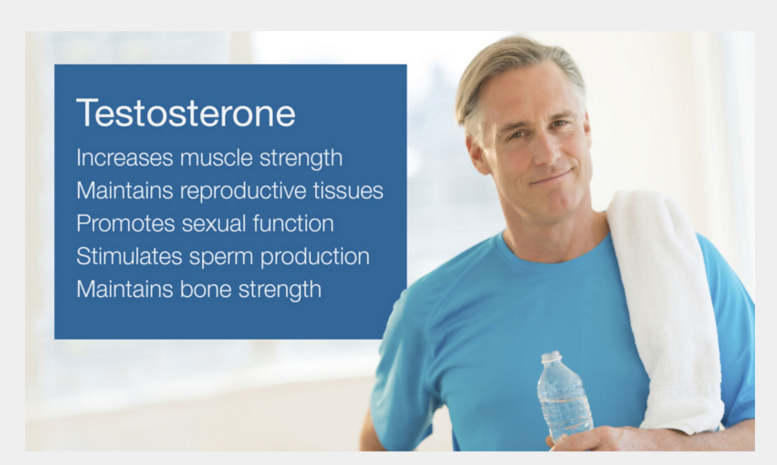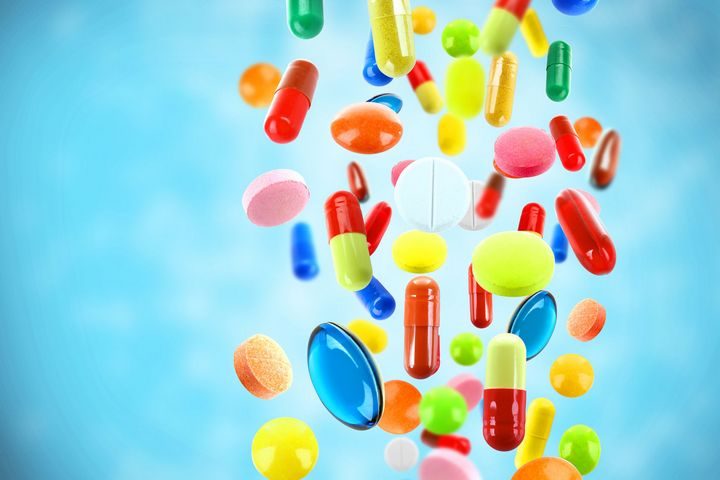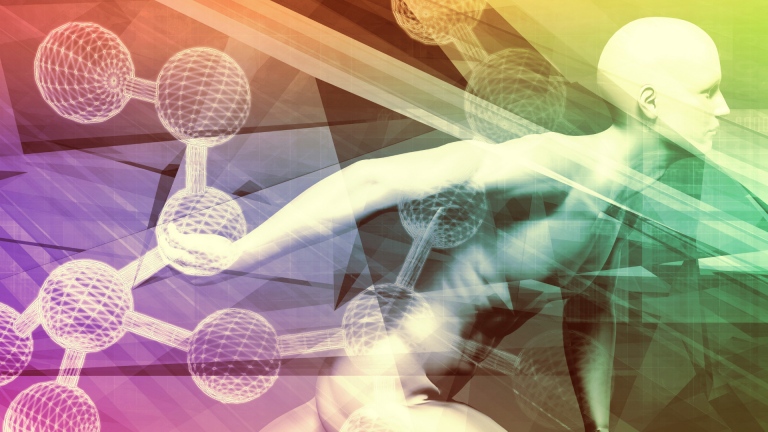Testosterone Therapy Vs. Testosterone Supplements
Testosterone Therapy Vs. Testosterone Supplements:
Testosterone is stimulated and produced by the testes and is vital to driving male sexual behavior. Although testosterone is a sex hormone, it plays many crucial roles.
It regulates a man’s sex drive (libido), bone and muscle mass, fat distribution, and the production of red blood cells, Decreased libido, and sperm. The body begins to produce testosterone as early as seven weeks after conception, with levels reaching their peak at puberty. As men age, testosterone levels start to drop, affecting individuals differently.
Decreased Motivation:
As testosterone production diminishes, so do energy-boosting components and restful sleep, thus producing decreased motivation.
Decreased libido:
Low levels of testosterone cause a reduction in sex drive.
Depression:
When a person experiences low testosterone levels, it alters hormone production, which can lead to depression.
Erectile Dysfunction:
Testosterone supplementation can be used to reverse or correct low testosterone-induced erectile dysfunction.
Fatigue:
A decrease in testosterone levels leads to hormonal changes, which can cause fatigue. Low testosterone-induced sleep loss can exacerbate this, quickly becoming a vicious cycle.
High Cholesterol:
High cholesterol is a silent killer that can lead to various heart conditions. Testosterone injections, used in a proper protocol, can lower cholesterol, blood pressure, and triglyceride levels.
Low Energy & Fatigue:
Symptoms of aging can directly result from diminishing levels of testosterone or (Low-T) in the body. As we age, our bodies produce less and less testosterone, causing low energy and fatigue.
Memory Loss:
Some recent evidence suggests that testosterone might help prevent and treat the effects of brain aging. Some patients treated with testosterone injections expressed a palpable increase in their cognitive function, short- and long-term memory, and vocabulary improvements.
Thyroid:
The hormones produced by the thyroid and adrenal glands regulate critical processes throughout the body. If thyroid hormone and cortisol levels are abnormal, the rest of the body does not function properly.
Weight Gain:
The production of certain hormones decreases after the age of 30. The lean body mass of some organs also starts to drop, whereas fat mass increases.
When Age Becomes The Deciding Factor
After the age of 30, your body starts declining in hormone production, and the body decreases its testosterone production. This decrease, however, is very gradual, and its effects can only be felt around the age of 50. Common signs of testosterone decline include fatigue, decreased libido, and problem having erections.
While these effects can be most nerve-wracking, they are relatively common. Talk to your doctor at this stage, who will examine your condition and prescribe medicines or advise lifestyle changes. The problem arose when these effects were seen at or below 40. Low testosterone levels in a younger generation usually point to an underlying medical condition and warrant more in-depth investigation.
Men must consult a qualified doctor or men’s health specialist at the earliest, who will determine the underlying cause and how best to treat it. Some reasons for low testosterone production include underactive testes, undescended testicles, physical injury to the testicles, pituitary disorders, or inherited conditions such as Klinefelter’s syndrome.
I
Testosterone Boosting Supplements: Good Or Bad?
In the quest for ‘physical fitness’ and ‘bodybuilding,’ a growing number of young men in their 20s and 30s try to boost their testosterone levels through external testosterone supplementation, Including natural and synthetic supplements (anabolic steroids). However, the use of these supplements (test boosters and AAS) can have damaging and irreversible effects on the body in the long term, such as a reduction in sperm count (even zero counts!), excess fluid retention, enlargement of the prostate and an increase in red blood cells.
My advice to everyone reading this piece is this:
- Protect your sexual health.
- If you observe changes in your sexual response or experience difficulty being intimate with your partner, talk to a qualified doctor as soon as possible. If low testosterone is to blame, your doctor will discuss suitable treatment options and guide you in making an informed choice.
- Do not resort to testosterone supplementation alone, as this may do you more harm than good in the long run.
Dr. Rupin Shah is a Urologist at the Lilavati Hospital in Mumbai and has been a part of the medical field for decades.
References: 1) NIH. Understanding How Testosterone Affects Men. Testosterone Therapy Vs. Testosterone Supplements. Available at https://www.nih.gov/news-events/nih-research-matters/understanding-how-testosterone-affects-men 2) USRF. History of Testosterone Replacement Therapy (TRT). Testosterone Therapy Vs. Testosterone Supplements. Available at https://www.usrf.org/news/TRT/history.html 3) Healthline Newsletter.
The Effects of Testosterone on the Body.
Testosterone Therapy Vs. Testosterone Supplements.
Available at https://www.healthline.com/health/low-testosterone/effects-on-body#1 4)
American Urological Association.
Testosterone for Erection Problems.
Testosterone Therapy Vs. Testosterone Supplements.
Available at http://www.choosingwisely.org/patient-resources/testosterone-for-erection-problems.
A medical doctor before taking any prescribed medications or supplements.
Conclusion
Supporting Hormones health is essential for overall well-being and vitality. By incorporating regular exercise, proper nutrition, adequate sleep, stress management techniques, and IV therapy, you can help maintain optimal testosterone levels and lead a healthy, balanced life. Always consult a healthcare professional before making significant changes to your lifestyle or starting any new treatments to ensure they suit your needs.
At AAI Rejuvenation Clinic, we advise anyone to think seriously about beginning Hormone treatment if there is no medical need. However, we will take every precaution to ensure that you read your program’s positive benefits by providing the latest at-home hormonal mouth-swab testing to ensure we are continually monitoring your progress and aware of any adverse side effects. Fill out the Medical History Form, or if you need more information, call us at (866) 224-5698 or (866) AAI-Low-T.
Low Hormone Symptoms
- Motivation
- Sex Drive and Desire
- Depression
- Fatigue
- Erectile Dysfunction
- Cholesterol
- Low Energy
- Memory Loss
- Osteoporosis
- Wounds & Illness
- Muscle Mass
- Sleep Disturbances
- Thyroid Dysfunction
- Weight Gain
]]>





